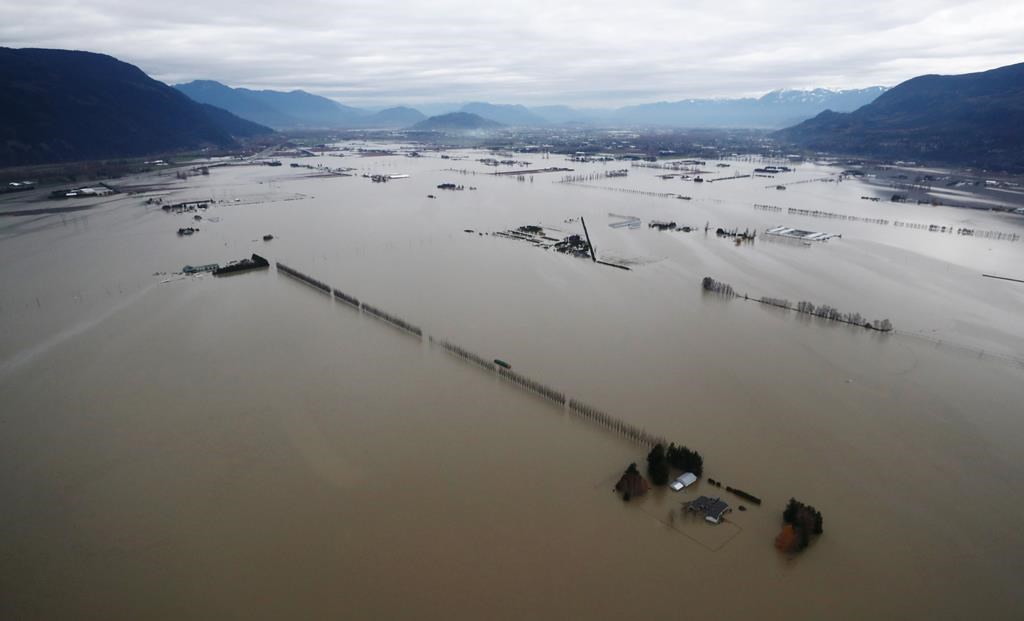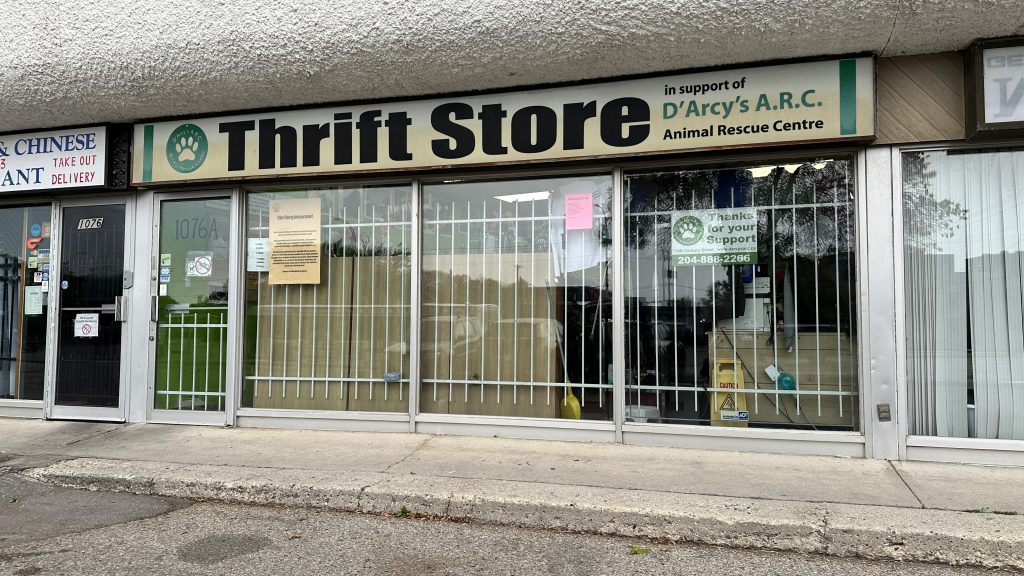Canada’s insurance industry warns of higher rates, denied claims as climate crisis persists

Posted August 9, 2023 2:09 pm.
With the climate crisis causing more extreme weather events across the country, there are warnings from the insurance industry that rates could skyrocket or coverage could be denied for many Canadians.
Craig Stewart, the vice president of climate and federal affairs for the Insurance Bureau of Canada (IBC), says events like wildfires and tornadoes are becoming so common they could disrupt the country’s entire insurance system.
“As these events get worse and worse, it is possible that insurers won’t consider them accidents anymore,” he told CityNews.
Stewart says over the past five years, the bureau has paid out an average of $2 billion a year in insurance claims adding that in 2022, $3.4 billion was claimed. Prior to 2009, Stewart says yearly insurance payouts averaged around $400 million per year.
“As soon as these weather events tilt over from being accidents to being predictable, then they’re not really insurable,” he said.
In that scenario, Stewart warns rates could skyrocket, or a lot of Canadians could be denied coverage if they live in areas where these extreme weather events typically happen.
He notes that’s already the case with flooding, where more than a million homes in Canada are not privately insured because they are situated on flood plains.
The Canadian government is already working on a new insurance program for those homeowners and the bureau is urging the feds to expand it to fill in other climate-related gaps.
“[To] backstop those Canadians that live in high-risk places basically public private partnerships between insurers and government,” Stewart said.
A 2015 paper by the University of Waterloo’s Centre for International Governance Innovation warned about this very scenario. It recommended lawmakers take urgent action to address the looming insurance gap.
Statistics Canada’s latest inflation report showed home insurance costs were up 8.2 per cent nationally in June, compared with one year earlier. Increases were about 10 per cent in Alberta, British Columbia, and Saskatchewan, and nearly 12 per cent in Nova Scotia.
Some of the increase in premiums was due to inflation, but Stewart says a big chunk of it was because global reinsurance companies re-evaluated Canada’s risk profile and jacked up their prices.
Most companies that sell property insurance in Canada turn around and transfer some of the risk associated with their policies to global companies called reinsurers. So when you make a claim to your local insurance agent, that company will in turn cover some of its expenses by buying insurance from a big global backer.
Stewart says the reinsurance premiums rose between 25 and 100 per cent in the last year, and while not all of it was passed on to consumers, some of it had to be. He says analysis found Canada among the countries where climate change has affected insurance risks the most.
With files from The Canadian Press








